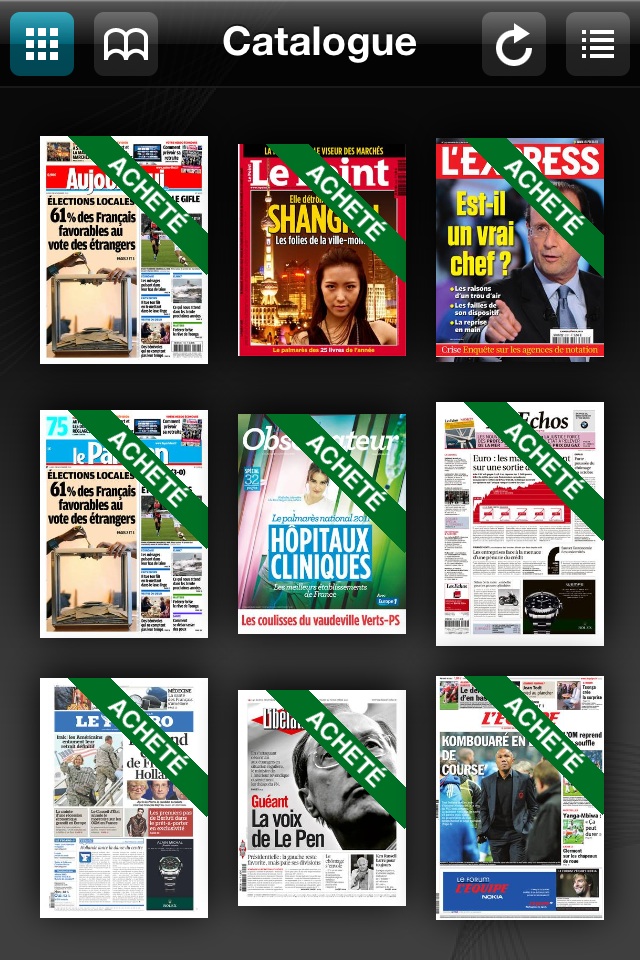Media consumers today have the options of numerous screens when accessing content, but a session at the Global Editors Network news summit today focused on building a “four-screen strategy: mobile, tablet, PC and IPTV”.
The session opened with a powerful speech from former director general of Al Jazeera Wadah Khanfar, whose comments embodied the standpoint of content being “king”.
Concentrate on content. People demand accuracy and credibility. Content is the king, platforms and distribution should be there to service, but the strategy is always to integrate the content in a centralised location then redistribute the output.
He went on to say that “technology sometimes distracts us”.
It should not become central to the extent that the journalist becomes a technician and loses touch with the pillars of the profession. He has to be the journalist, but sometimes he has to be the technician.
We demand too much sometimes for our journalists. It starts from one important departure – from our responsibilities.
… We are here to understand what is behind the surface and what exactly the story means. We need to think beyond the data.
Continuing the metaphor Guido Baumhauer, director of strategy for marketing and distribution at Deutsche Welle, said that “content is king, efficient delivery is King Kong.”
We have to understand what it is people are interested in, that’s where the technology kicks in.
And the delivery of this is determined by their POPE strategy, he said – “plan once publish everywhere”. He described it further to me in an interview after the session:
The idea behind it is if you want to reach different platforms with your content you have to tailor it to the needs of the platform and target groups. It can never be done if you produce once and publish everywhere. So if there’s a television item that you then put on a mobile device or on a similar device, it doesn’t really make any sense.
But if you plan from beginning that there is some part of the content that you have produced that will go to mobile and some that will go to television, it means you plan once then publish everywhere and that does make sense.
During the session he also said “we have to stop thinking in broadcasting terms”.
We have to become part of the dialogue. If [the audience] still stands at the gate, he or she will just walk around us because the gate has no fence anymore. We have to become part of the network.
The BBC’s controller of digital and technology James Montgomery also shared the broadcaster’s approach to multiplatforms, telling the conference the BBC is “trying to move towards seamless coherence between platforms” and offer “access to the same content in different ways”.
By creating a “joined-up experience and content delivered across multiple platforms” he said that “adding a fifth or sixth [screen] in the future wouldn’t be difficult”.
In terms of use across different platforms at different times of the day, he said mobile devices tend to “spike” in the morning while access via desktops is more prevalent at lunchtime. He said the research also showed mobile – and especially tablets – were peaked in the evenings.
On the subject of tablets, the final panel member to present, Patrice Slupowski, vice president of digital innovation and communities at Orange, unveiled for the first time a new iPad app not yet launched called Newsblend, with the declaration that “if content is king … experience is queen”.
The app brings together “videos, drawings, polls and social media” along with news articles, and mixes them together to create a “social magazine”.
It is a smart clustering of news and social media.
The app content is currently in French but there are plans to launch an English version also when it goes live next year.

